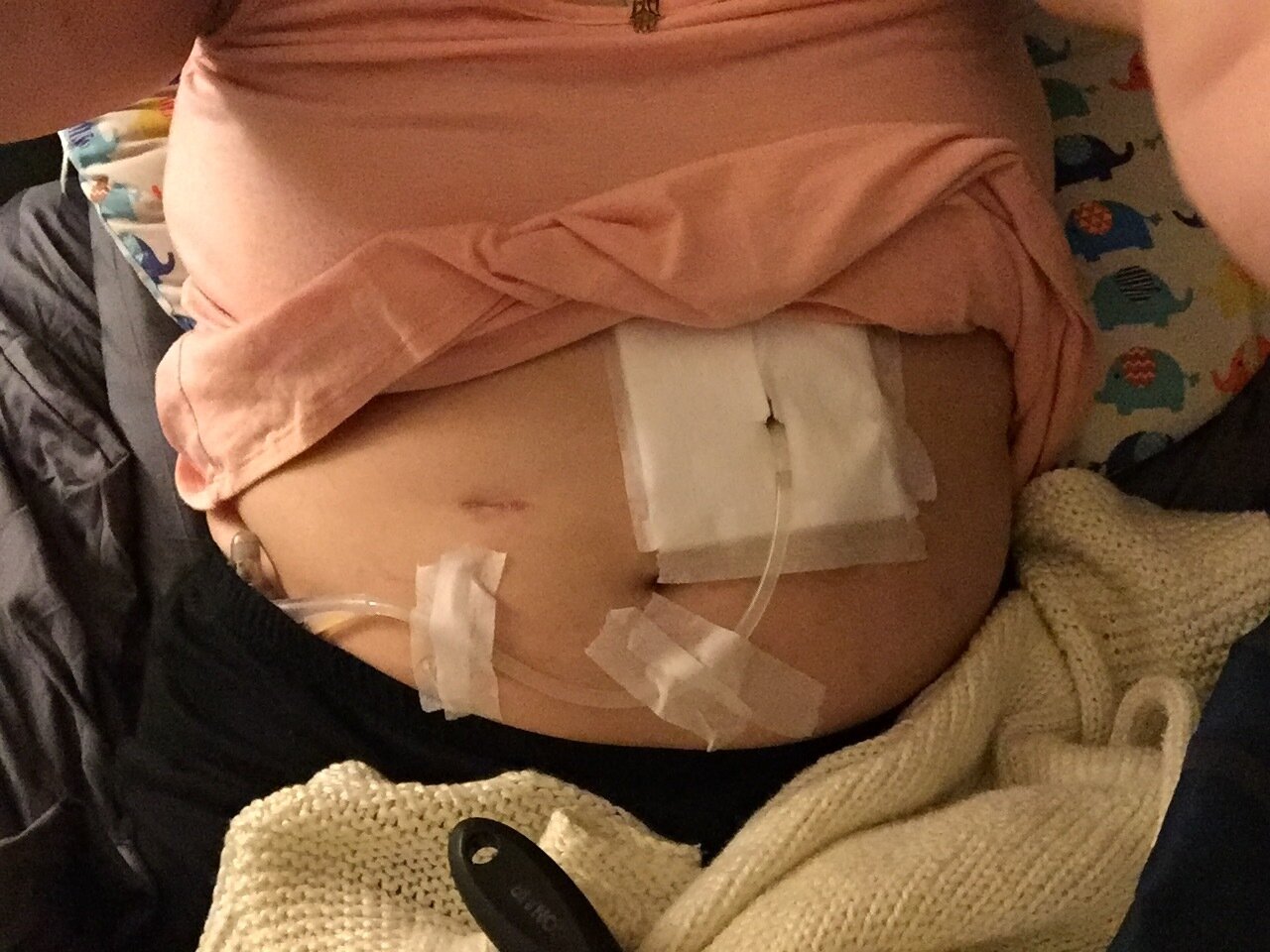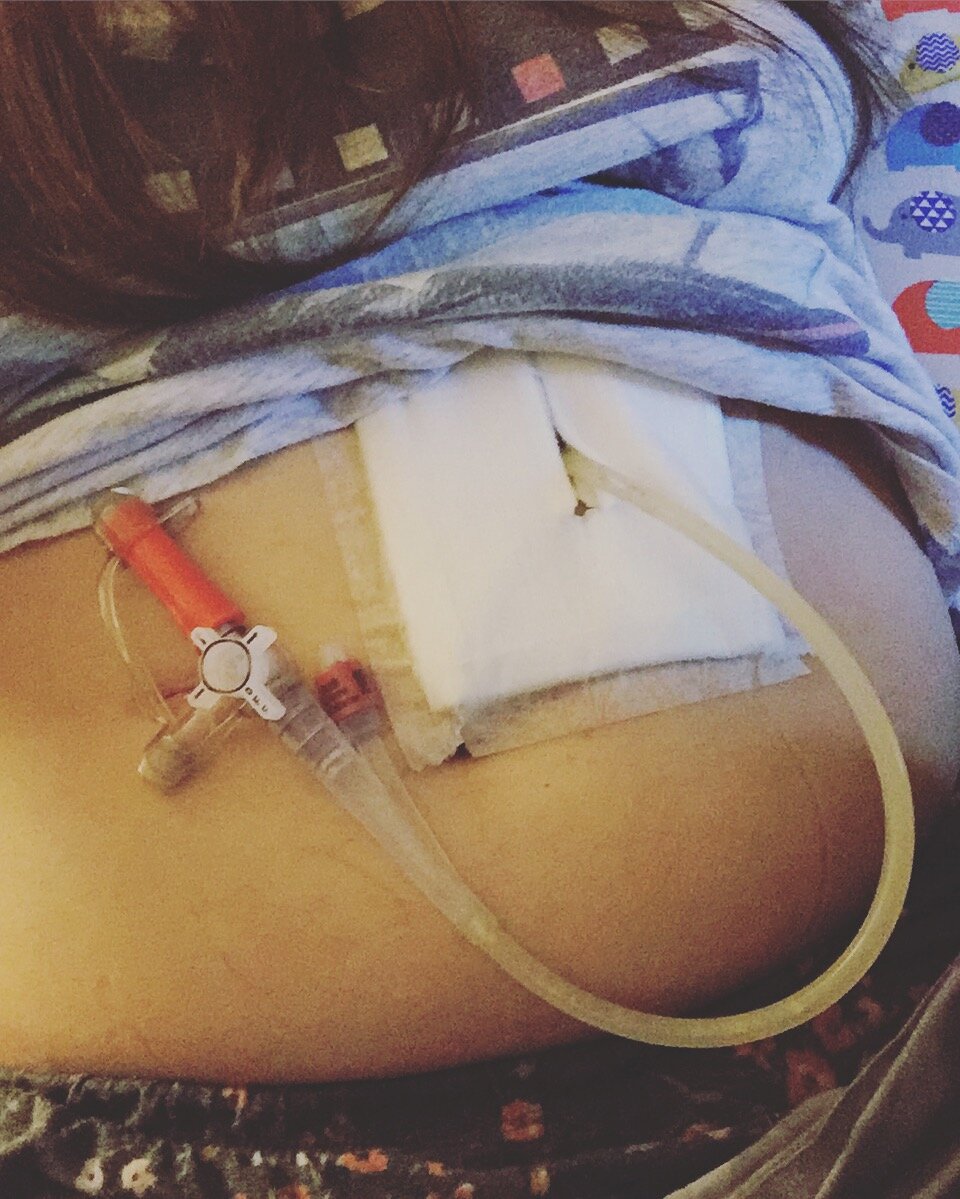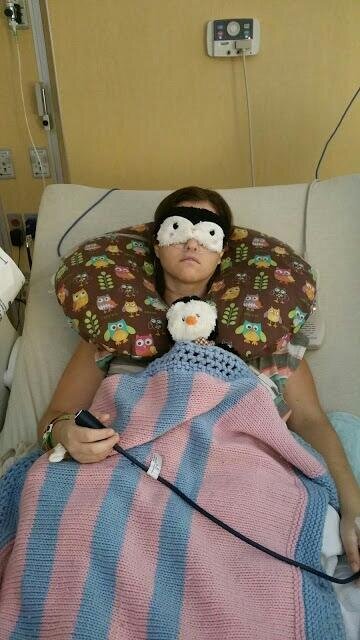
I had weight loss surgery 6 years ago and lost over 150 pounds! I have had a lot of complications with my surgery which required me to have 12 additional surgeries in four years! I also have Hashimotos Disease and I am an advocate for mental health! Below is some information on weight loss surgery and my thyroid disorder.

Gastric Bypass Information
Gastric bypass surgery is a type of bariatric, or weight loss, surgery. During gastric bypass surgery, your physician makes changes to your stomach and small intestine to change the way they absorb and digest food.
Gastric bypass aids weight loss by:
Restricting the amount of food that your stomach holds
Limiting the amount of calories and nutrients your body absorbs
Changing your gut hormones, which help you feel fuller longer, contribute to appetite suppression and the reversal of obesity-caused metabolic syndrome.
What is Roux-en-Y Gastric Bypass?
Roux-en-Y Gastric Bypass Surgery
Roux-en-Y gastric bypass is considered the ‘gold standard’ of weight loss surgery. It is the most commonly performed bariatric procedure worldwide. During Roux-en-Y gastric bypass surgery, your surgeon:
Makes a small stomach pouch – about the size of an egg – by dividing the top of the stomach from the rest of the stomach.
Then, the small intestine is divided, and the bottom end of the divided small intestine is brought up and connected to the newly created small stomach pouch.
In the end, the top portion of the divided small intestine is connected to the small intestine further down so that the stomach acids and digestive enzymes from the bypassed stomach and first portion of your small intestine will eventually mix with the food.
Check out the link below for more information!
https://www.mayoclinic.org/tests-procedures/bariatric-surgery/about/pac-20394258










Hashimotos Disease Information
IHashimoto's disease is a condition in which your immune system attacks your thyroid, a small gland at the base of your neck below your Adam's apple. The thyroid gland is part of your endocrine system, which produces hormones that coordinate many of your body's functions.
Inflammation from Hashimoto's disease, also known as chronic lymphocytic thyroiditis, often leads to an underactive thyroid gland (hypothyroidism). Hashimoto's disease is the most common cause of hypothyroidism. It primarily affects middle-aged women but can also occur in men and women of any age and in children.
Symptoms
You might not notice signs or symptoms of Hashimoto's disease at first, or you may notice a swelling at the front of your throat (goiter). Hashimoto's disease typically progresses slowly over years and causes chronic thyroid damage, leading to a drop in thyroid hormone levels in your blood. The signs and symptoms are mainly those of an underactive thyroid gland (hypothyroidism).
Signs and symptoms of hypothyroidism include:
Fatigue and sluggishness
Increased sensitivity to cold
Constipation
Pale, dry skin
A puffy face
Brittle nails
Hair loss
Enlargement of the tongue
Unexplained weight gain
Muscle aches, tenderness and stiffness
Joint pain and stiffness
Muscle weakness
Excessive or prolonged menstrual bleeding
Depression
Memory lapses
Click the link below for more information
https://www.mayoclinic.org/diseases-conditions/hashimotos-disease/symptoms-causes/syc-20351855
